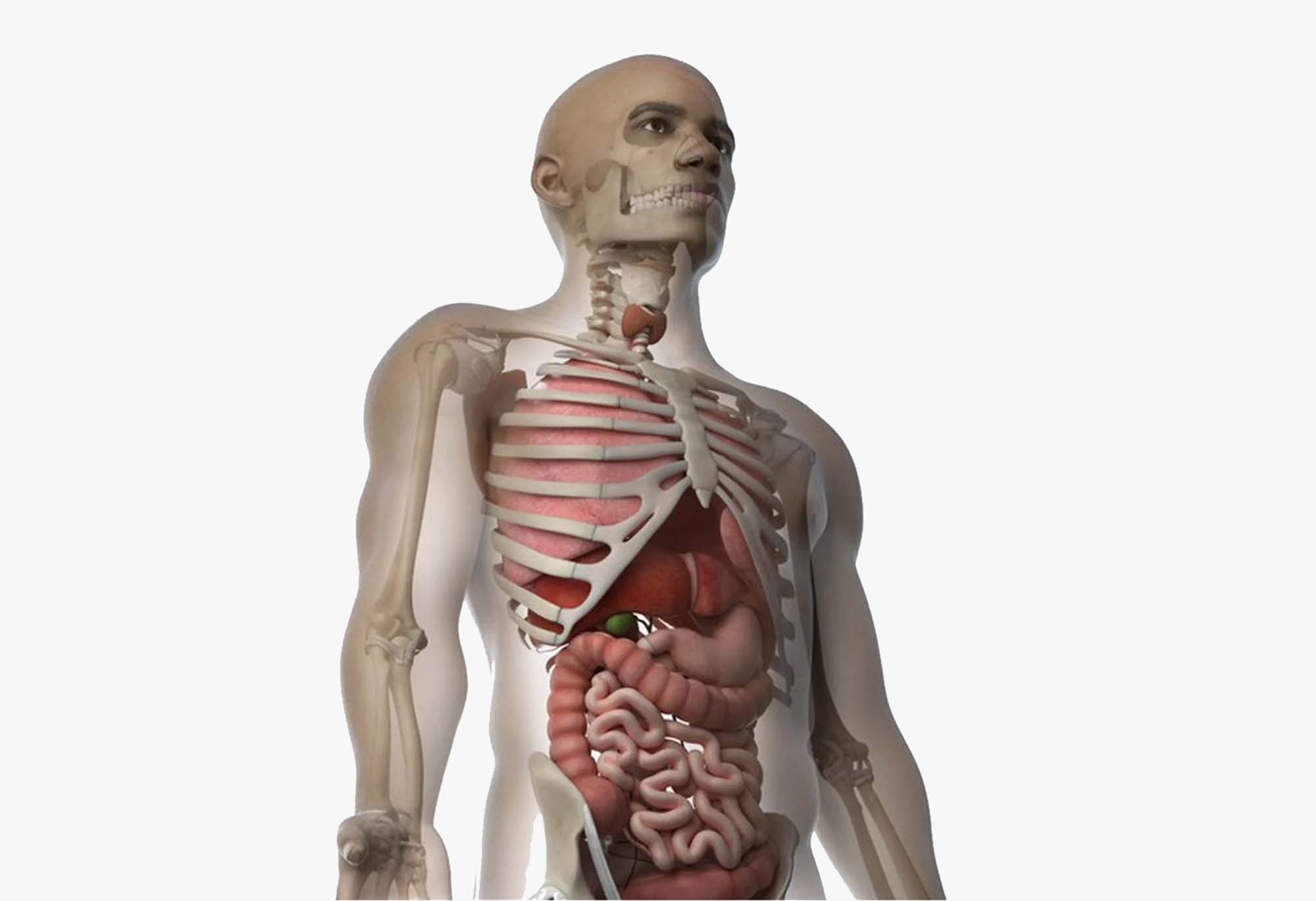Parasites are silent invaders that can profoundly disrupt your health without you even realising it. These tiny organisms can settle in various parts of your body, damaging organs, draining nutrients, and weakening your immune system. Despite their significant impact, parasitic infections are often overlooked, leaving many people struggling with unexplained symptoms and chronic health issues.
This blog will explore the world of parasites—how they enter the body, the havoc they wreak on different organs, and the broader consequences for your health and well-being. We’ll also discuss how to detect and prevent these infections, with a focus on kinesiology as a tool for treatment and prevention.
If you’ve been feeling unwell and can’t pinpoint the cause, learning about parasites might offer the insight you need to reclaim your health.
What Are Parasites and How Do They Enter the Body?
Parasites are organisms that live off a host, typically causing harm in the process. There are three main types that affect humans:
- Protozoa: Single-celled parasites like Giardia that multiply quickly in your body.
- Helminths: Worm-like parasites such as tapeworms, roundworms, and flukes.
- Ectoparasites: External parasites like lice and ticks that attach to the skin.
These invaders enter the body through various pathways, including:
- Contaminated water and food: A common source of parasites such as Giardia and Cryptosporidium.
- Poor hygiene practices: Touching your mouth with unwashed hands can introduce parasites into your system.
- Insect bites: Mosquitoes, flies, and ticks can carry parasites like malaria or Lyme disease.
- Skin contact: Walking barefoot on contaminated soil can expose you to hookworms.
Everyday activities like swimming in untreated water or consuming unwashed produce can significantly elevate your risk of exposure.
How Parasites Disrupt Key Organ Functions
Parasites don’t just invade your body—they target specific organs, causing symptoms that can range from mild discomfort to severe health problems. Here’s how these invaders affect key systems in the body:
Brain
Neurocysticercosis, caused by tapeworm larvae in the brain, can lead to serious neurological issues. This condition is known to trigger seizures, migraines, and even cognitive impairments, making it a particularly dangerous consequence of parasitic infections.
Liver
Parasites such as liver flukes can inflame and damage the liver. Symptoms may include jaundice, bile duct obstructions, and persistent fatigue. Left untreated, these infections can compromise the liver’s vital functions, including detoxification and digestion.
Digestive System
Parasites like Giardia commonly thrive in the gastrointestinal tract. They can cause a range of symptoms, including stomach pain, bloating, diarrhea, and even weight loss. Chronic infections may disrupt the gut’s balance, leading to long-term digestion issues.
Heart and Lungs
Some parasites, such as Toxocara, can migrate to the lungs, causing respiratory problems like wheezing and chest pain. Additionally, parasites that target the heart can contribute to cardiovascular issues, creating further health risks.
If you experience persistent, unexplained symptoms in these or other parts of your body, a parasitic infection could be the underlying cause.
The Far-Reaching Effects of Parasitic Infections on Health
The impact of parasites isn’t confined to the organs—they can cause systemic health issues that significantly affect well-being. Here are some of the broader consequences of parasitic infections:
- Chronic fatigue: Many parasites drain essential nutrients, leaving you feeling perpetually exhausted.
- Weakened immunity: By sapping your body’s resources, parasites make it harder for your immune system to fend off other illnesses.
- Exacerbation of existing conditions: Parasite-related inflammation can worsen autoimmune disorders and other chronic health issues.
- Severe long-term damage: Untreated infections can lead to debilitating illnesses, ranging from anemia to organ failure.
How Are Parasitic Infections Detected?
Identifying a parasitic infection is crucial to managing its impact. Common diagnostic methods include:
- Stool tests: These tests can identify the presence of parasites or eggs in the digestive system.
- Blood tests: Detect parasites in the bloodstream, such as those causing malaria.
- Imaging tests: Scans like MRIs can pinpoint parasites in areas like the brain.
- Advanced techniques: Polymerase chain reaction (PCR) testing allows for precise identification of parasites.
Kinesiology also offers an alternative diagnostic approach. By assessing subtle energetic imbalances, it can help detect the effects of parasites even when conventional tests might miss them.
Safeguarding Your Health with Prevention and Treatment
The good news is that parasites can be prevented and treated. By combining practical preventive measures with holistic treatments like kinesiology, you can protect yourself and restore your health. Here’s how:
Prevention
- Maintain hygiene: Wash your hands thoroughly, especially before eating or preparing food.
- Practice food safety: Avoid undercooked meats, wash produce, and drink filtered water.
- Protect yourself outdoors: Wear shoes in soil-rich areas and use insect repellents to avoid bites.
- Be cautious while traveling: Research local risks and take precautions when visiting areas with high rates of parasitic infections.
Treatment
- Medical intervention: Antiparasitic medications can effectively treat many infections.
- Natural intervention: Powerful herbs can help the body to fight off and heal parasitic infections
- Kinesiology: This holistic approach looks at the body’s energy pathways to address imbalances caused by parasites. Kinesiology may also help strengthen your natural defenses, facilitating better recovery.
- Nutritional support: Boosting your diet with nutrient-rich foods can help the body fight off and recover from parasitic infections.
By being vigilant and proactive, you can minimise your exposure to these hidden threats and maintain your overall well-being.
Take Action Today
Parasites are more common—and more harmful—than many people realize. They have the potential to invade every part of your body, causing far-reaching health challenges. However, through awareness, early detection, and both preventive and holistic treatment options, you can take control of your health.
If you’ve been dealing with unexplained symptoms or suspect you may have a parasitic infection, don’t wait. Consult with a health professional or a Kinesiology expert to explore diagnostic and treatment options tailored to your needs. Your well-being is worth every effort. Protect it today!


